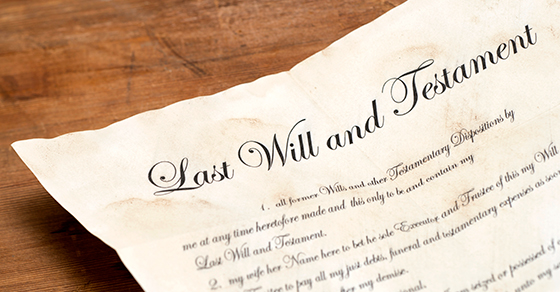With the lifetime gift and estate tax exemption at $11.40 million for 2019 ($11.58 million for 2020), you may think you don’t have to worry about gift and estate taxes.
However, there are no guarantees that estate tax law won’t be revised in the future or that your accumulated assets won’t eventually exceed the available exemption (which is scheduled to drop significantly in 2026). Thus, there’s a need to investigate other tax-saving possibilities.
Beyond annual exclusion gifts
Under the annual gift tax exclusion, you can reduce your taxable estate without using up any of your lifetime exemption by giving each recipient gifts valued up to $15,000 a year. For example, if you have three children and seven grandchildren, you can give each one $15,000 tax free, for a total of $150,000 in 2019. If your spouse joins in the gifts, the tax-free total is doubled to $300,000.
But what if you want to give away more without dipping into your lifetime exemption? Then direct payments of medical expenses or tuition may be right for you.
Ins and outs of direct payments
If you pay medical expenses on behalf of someone directly to a health care provider, those payments are exempt from gift tax above and beyond any amount covered by the annual gift tax exclusion. The same is true for paying the tuition expenses of a student directly to the school.
For example, if you give your granddaughter $15,000 in 2019 and then pay her $35,000 tuition bill at an elite private college, the entire $50,000 is sheltered from gift tax. But remember that the gift must be made directly to the educational institution (or health care provider). If you give the money to your granddaughter and she uses it to pay the tuition, the amount won’t be eligible for the direct payment exemption.
On the other hand, direct payments of tuition can reduce a student’s eligibility for financial aid on a dollar-for-dollar basis, while with gifts made directly to the student, only 20% of the gifted assets would be counted as assets of the student for financial aid purposes. Accordingly, careful analysis of the trade-offs between the potential tax savings and impairment of financial aid eligibility should be considered. Contact us with any questions.







